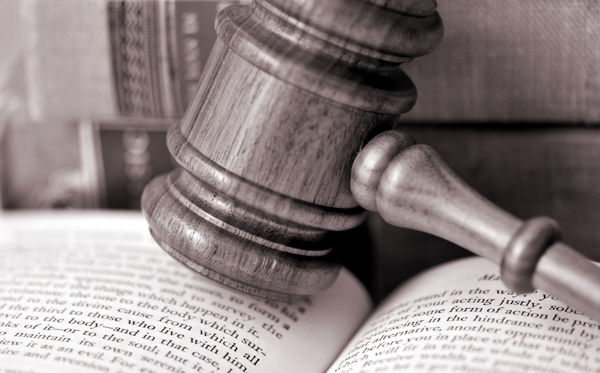
Bankruptcy
Four recent court decisions remind creditors that significant consequences can result if they fail to follow bankruptcy rules:
▪ Do not take action against a debtor in violation of the bankruptcy court’s automatic stay.
In In re Humbert, after a tenant filed for bankruptcy, his landlord filed an action for possession and to collect over $9,000 in back rent. The landlord then called, texted and e-mailed the tenant to collect payment and to obtain possession – all of which without obtaining relief from the bankruptcy court’s automatic stay.
In In re Humbert, after a tenant filed for bankruptcy, his landlord filed an action for possession and to collect over $9,000 in back rent. The landlord then called, texted and e-mailed the tenant to collect payment and to obtain possession – all of which without obtaining relief from the bankruptcy court’s automatic stay. In response to the tenant’s request for sanctions, the bankruptcy court ordered the landlord to pay the tenant’s attorney’s fees of $930 and indicated it might consider a future award of punitive damages against the landlord if the landlord failed to dismiss its eviction action within 30 days.
▪ Do not take action against a debtor’s property in violation of the automatic stay.
In In re Powell, a car dealer and a customer who had been in default for more than a year on car and truck loans agreed that the dealer could repossess the car but that the customer could keep the truck as long as the customer made payments. A week later, the customer filed a Chapter 13 petition for bankruptcy and demanded that the dealer return the repossessed car. The dealer refused, unless the customer agreed to make a lump sum payment on the car. The bankruptcy court held the dealer violated the automatic stay and ordered the dealer to pay the customer over $7,000 in attorney’s fees.
▪ Follow all requirements imposed on lenders holding a mortgage on a chapter 13 debtor’s primary residence.
A creditor holding a mortgage on a chapter 13 debtor’s primary residence often is required to file certain forms with the court during the bankruptcy case, including a “Notice of Fees, Expenses, and Charges” itemizing recoverable costs incurred after the bankruptcy is filed. In In re Gravel, several mortgage holders that failed to file the required Notice nevertheless charged post-petition inspection fees, pre-petition NSF fees and other fees in three separate chapter 13 bankruptcy cases. The bankruptcy court imposed $375,000 in sanctions and disallowed the creditors’ charges.
▪ Before filing a proof of claim, a claimant must redact all personal and private information.
In In re Branch, a medical office filed claims in a bankruptcy without redacting patients’ Social Security numbers, birth dates and other identifying information, despite the fact that the employee who filed the claims checked the court’s redaction box to indicate that the private information had been redacted. The bankruptcy court ordered the medical office to pay certain patient damages, pay $50,000 in attorney’s fees and a $50,000 sanction, and provide free credit monitoring services to other patients whose private information had been included in the claims.
